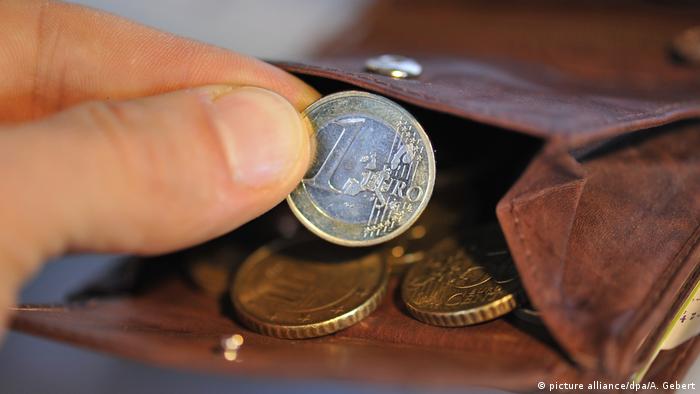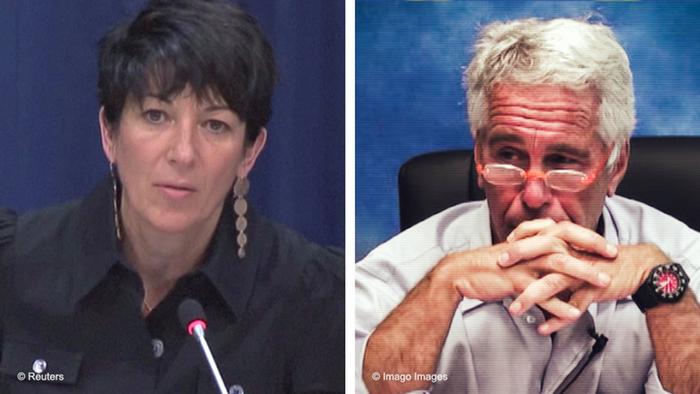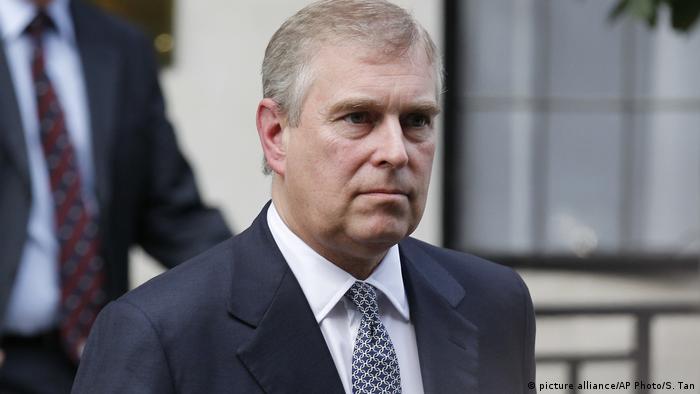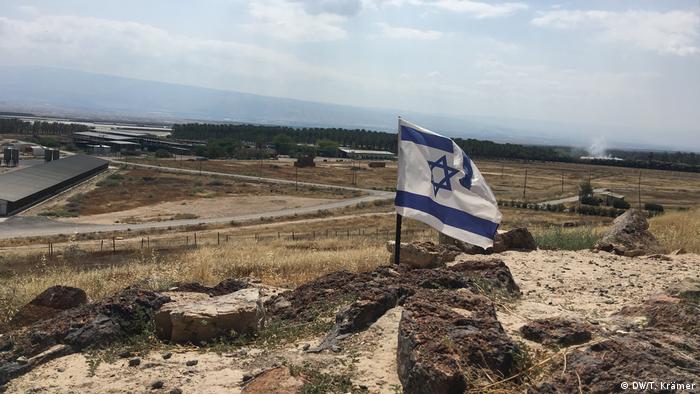
1 of 9 https://apnews.com/4f87093bd1b898229b53169980f7f4ca
A man helps his father to drink juice at the Afghan-Japan Communicable Disease Hospital, for COVID-19 patients, in Kabul, Afghanistan, Thursday June 18, 2020. Afghan media reported last week that several COVID-19 patients died in government hospitals due to a shortages of medical oxygen, though the government denied the reports. (AP Photo/Rahmat Gul)

A man tests oxygen at a privately owned oxygen factory, in Kabul, Afghanistan, Thursday June 18, 2020. For seven years, Najibullah Seddiqi's oxygen factory sat idle in the Afghan capital Kabul. He shut it down, he says, because corruption and power cuts made it impossible to work. But when the novel coronavirus began racing through his country, he opened the factory's dusty gates and went back to work. Now he refills hundreds of oxygen cylinders a day for free for COVID-19 patients — and at reduced rates for hospitals. (AP Photo/Rahmat Gul)
KABUL, Afghanistan (AP) — Seven years ago, Najibullah Seddiqi closed his oxygen factory, frustrated with power cuts and with rampant corruption that kept him from getting contracts with hospitals.
But as the coronavirus raced through Afghanistan, he knew he had to help.
“I saw a man crying for his wife who died from coronavirus due to lack of oxygen,” Seddiqi said. “That moment I made the decision to reopen my factory.”
Now relatives of Afghans ailing with COVID-19 line up at his factory in the capital city of Kabul for free refills that can keep their loved ones alive.
Afghanistan has struggled with shortages of medical oxygen under the pandemic. The country gets its oxygen cylinders from abroad. Until recently, imports were halted by sealed borders.
Prices for new canisters have skyrocketed 10-fold, to 20,000 Afghanis ($250). With people stockpiling as much as they can, the price to refill a canister is now 2,000 Afghanis, or $25, five times what it once was. Many accuse retailers of price gouging and the government of failing to ensure a supply.

A man carries an oxygen tank from a privately owned oxygen factory, in Kabul, Afghanistan, Thursday June 18, 2020. For seven years, Najibullah Seddiqi's oxygen factory sat idle in the Afghan capital Kabul. He shut it down, he says, because corruption and power cuts made it impossible to work. But when the novel coronavirus began racing through his country, he opened the factory's dusty gates and went back to work. Now he refills hundreds of oxygen cylinders a day for free for COVID-19 patients — and at reduced rates for hospitals. (AP Photo/Rahmat Gul)

So Seddiqi’s free service is a godsend for the many poor hit by the virus. Minivans of people bringing cylinders roll in as word of the distribution spreads on social media.
“This factory is doing great work offering it for free,” said Bilal Hamidi as he waited on the crumbling concrete floor.
Hamidi said he fills three small cylinders a day for his brother, who was infected while caring for their mother. She died of COVID-19 in early June.
The factory, closed and long idle, is dusty. Parts are run-down. But when Seddiqi reopened the doors to resume production, everything still worked.
“I’m happy I didn’t sell these machines,” said Seddiqi, who also owns an ice factory.
He hired 12 men, working in two shifts. Seddiqi even moved in temporarily so he’s always on hand: “I’m worried that I go home and someone in intense need comes late at night and doesn’t find anyone to help them.”
His factory refills 200 to 300 small cylinders a day free for COVID-19 patients. For hospitals and retail sellers, he fills close to 700 large cylinders a day for 300 Afghanis each, or $3.80. That’s far cheaper than the going rate but it’s enough to cover his free distribution, he said.

NOT UNLIKE THE CANADIAN LIQUID AIR PLANT I WORKED AT IN THE SEVENTIES

AND NO THIS IS NOT AS EASY AS IT SEEMS AND IF THEY FALL IT CAN BE DANGEROUS IF A NOZZLE BREAKS OFF THE CANISTER BECOMES A TORPEDO
Retailers insist they are not jacking up prices. Imports of cylinders from the United Arab Emirates and China stopped for months amid pandemic restrictions. They recently resumed, but “unbalanced supply and demand has caused prices to rise,” said Khanjan Alkozai, a board member at the Afghanistan Chamber of Commerce and Industry.
Afghan media reported last week that several COVID-19 patients died in government hospitals due to lack of oxygen, though the government denied it.
Lawmaker Fatima Aziz, who has been infected by the coronavirus, posted a video from her bed, an oxygen tube in her nose. She blamed corruption and government failures.
“People lose their life for two drops of oxygen,” she said. “I curse all the mafias in this business that take advantage.”
The Health Ministry’s deputy spokeswoman, Masooma Jafari, said shortages at hospitals are being resolved. She said the Health Ministry ordered oxygen factories to give the health sector priority over industry.
Seddiqi’s factory is one of six in Kabul that produce oxygen — but his is the only one giving free refills.
“My only aim is to save as many lives as I can,” he said. “When the virus spread ends, then I’ll go home.”























